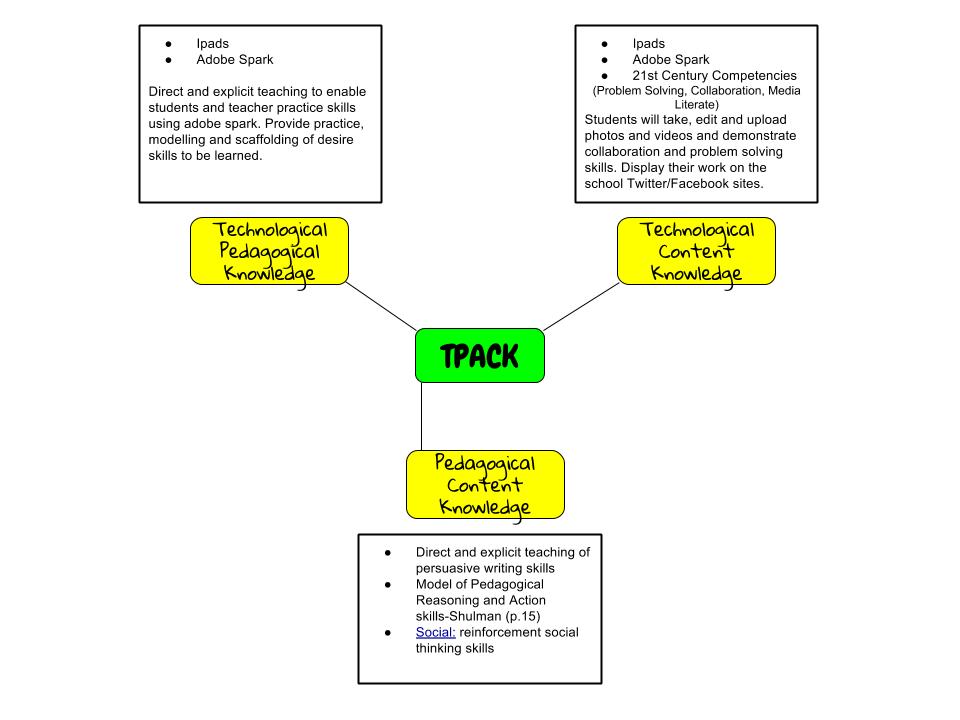
I found Shulman’s (1987) view of teaching profounding enlightening; he stated that “teaching ends with new comprehension by both the teacher and the student” (p. 7). In other words, the priority of education is not just for student learning, but equally significant is the teacher’s comprehension. I could not agree more; teaching should involve presenting ideas that both student and teacher can make constructive meaning. Shulman (1987) argues that teachers do not need be expects of the knowledge, rather “the key is distinguishing the knowledge base of teaching lies at the intersection of content and pedagogy[PCK] p.15). This reminds me of a particular student teacher I had who had a degree in engineering and worked in the corporate world for several years before pursuing an elementary teaching career. They understood the text and it fueled their lessons, unfortunately they lacked the aspects of pedagogical reasoning. For instance, the student teacher had difficulties adapting and tailoring to the diverse needs of the students, did not allow for discovery or inquiry learning, and was not open to new understandings of the content. Clearly, this student teacher needs to do critically analyze their performance and the experience of the students.
This is one the first time I have seen TPACK during my MET journey, as it is an educational framework for understanding technology integration for both teacher and students. The central ideas around TPACK are; Technological knowledge, Pedagogical Knowledge and Content Knowledge, as they work together to support good teaching practices. Mishra, P., & Koehler, M. (2006) “[argues] that the TPCK framework [allows teachers] to guide curriculum design and [helps] create conceptually and epistemology coherent learning environments. [They] call [this] approach learning technology by design” (p.1034). I have attempted to create a flowchart of my TPACK teacher experience, where students needed to use their persuasive writing techniques to create a video to support their agreement whether fidget spinners should or should not be allowed in the classroom. 
Mishra, P., & Koehler, M. (2006). Technological pedagogical content knowledge: A framework for teacher knowledge. The Teachers College Record, 108(6), 1017-1054.
Shulman, L.S. (1987). Knowledge and teaching. The foundations of a new reform. Harvard Educational Review, 57(1)1-23.
Hi Mary.
I found your description of an effective teacher to be a good one. Teachers don’t need to be field expects or pedagogical theorists, but rather need to be experts at how to share their topical content with their particular students in an effective manner.
Dave
Hello David,
Thank you for your response. I find it quite fascinating the student teachers need a bit more “hand holding” when it comes to best teaching practices, especially with classroom management. It is reductant comment I usually put on most evaluations.